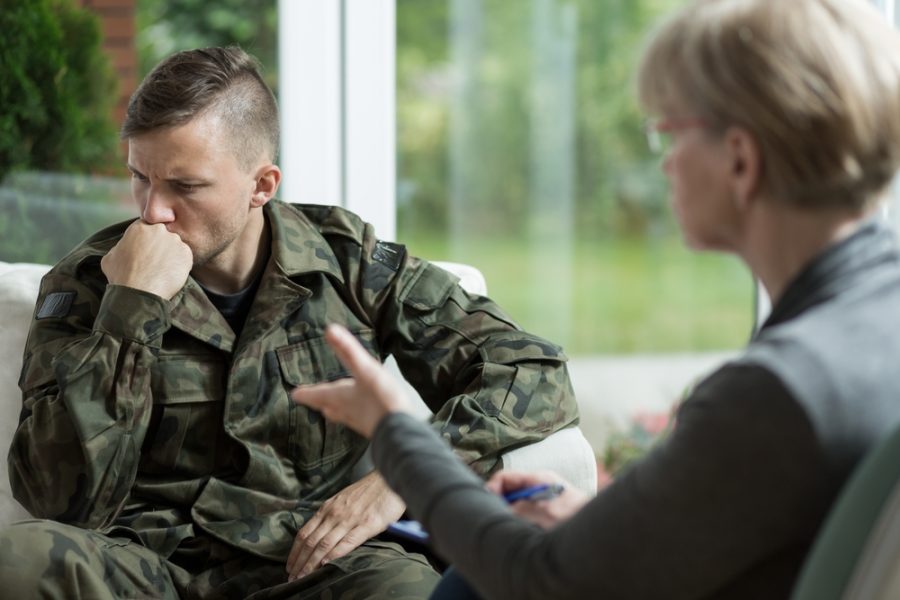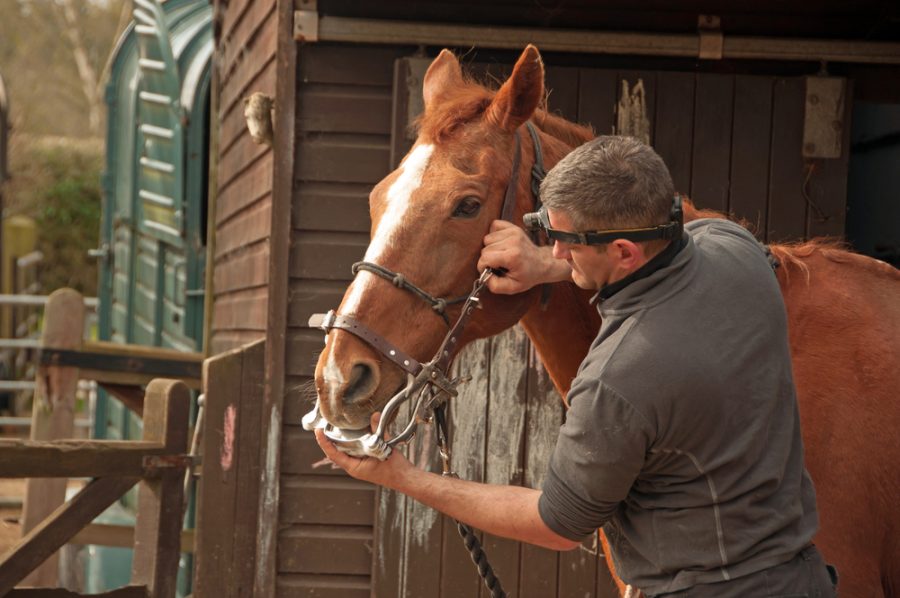
Are you looking for drug rehab programs for veterans? As you know, veterans have unique needs that need to be addressed in addiction treatment. This is especially true for veterans with PTSD, depression, and other mental wounds of war.
But how do you know which drug rehab programs for veterans provide the right type of care? Today, we’re going to discuss the most effective treatments that rehabilitation programs offer for veterans living with substance use disorders.
Table of Contents
1. Equine Therapy


Equine therapy, also known as horse therapy, is one of the most effective alcohol and drug addiction treatments for veterans. Because many military personnel, particularly those who served in Iraq and Afghanistan, return home with post-traumatic stress disorder (PTSD), this treatment is a staple in many drug rehabs for veterans.
Equine therapy is an effective substance abuse treatment because it teaches veterans new, healthy coping mechanisms to turn to instead of drug or alcohol abuse. By showing veterans how to connect with an animal, this therapy can ease their PTSD symptoms and help them form meaningful connections that will aid in their long-term addiction recovery.
2. Cognitive Behavioral Therapy (CBT)
Many service member seeking treatment have a misconception that talk therapy is ineffective or it requires them to be inactive. But with cognitive behavioral therapy, service members can work on their mental health and drug and alcohol problems in a way that is solution-oriented and actionable.
In this unique talk therapy, veterans meet with a mental health expert at our rehab center. This expert then helps them identify self-destructive thought patterns, like “I don’t deserve to be happy,” and “I’ll never recover from my experiences.” By highlighting the relationship between harmful thoughts and harmful behaviors, the counselor helps the service member to develop new, healthier ways of thinking and acting. In this way, CBT is a form of mental health care that can help veterans with PTSD, addiction issues, and many other issues related to their military service.
3. Family Counseling
Addiction is a family disease; while it affects military personnel, it also affects their family members and friends. Veterans’ struggles with addiction often put a strain on their relationships with family members, and our family counseling seeks to help restore and heal these frayed connections.
In these sessions, veterans and their family members discuss:
-
- Information regarding addiction, PTSD, and other invisible wounds of war
- How to provide support after their loved one leaves a drug rehab program for veterans
- Healthy communication skills
All of this comes together to bring service members and their loved ones together. And that support often proves critical in keeping United States service members healthy and lowering their risk of relapse after treatment.
4. Job-Ready Training


For many veterans, finding a job is one of the most challenging aspects of civilian life. For those who struggle with this, they may become frustrated or hopeless, which can worsen their addiction symptoms. At Heroes’ Mile, our treatment center takes this issue very seriously, which is why part of our programming includes job preparedness training.
In these sessions, military personnel meet with our community partners to discuss issues like interview preparedness, job skills, and other important factors in employment. By empowering veterans to secure their independence, this treatment helps them feel in control of their addictions. Additionally, financial security can relieve a lot of the stress that leads veterans to turn to drug abuse.
5. 12-Step Group Meetings
Even with the best drug rehab program for veterans, addiction recovery is not a one-step process. That’s why our treatment center facilitates Narcotics Anonymous meetings on-site. By beginning to work the steps while they are in this early stage of addiction recovery, military personnel are better prepared to work toward long-term sobriety.
While various forms of group therapy are effective, 12-step programs are especially useful because they require people to work through their addiction in its entirety. This includes taking responsibility for their actions, making amends, and taking steps to stay drug-free. Our job is to prepare veterans to lead happy, active lives after treatment, and providing them with 12-step meetings is one of the most important ways that we do that.
Enroll in a Drug Rehab Program for Veterans
Addiction affects military service members in unique ways and for unique reasons. Because of these addiction causes and symptoms, veterans need to have their own addiction treatment centers that cater to their needs. If you or a loved one need to enroll in a drug rehab, then now is the best time to ask for help.
You can reach our admissions specialists at 1-888-VET-NOW2, or you can reach out online through our confidential contact form and a member of our team will call you to follow up. Being a veteran with a drug addiction is never easy or simple, but remember that you’re not alone. We’ve got your six!
The post Drug Rehab Programs for Veterans: 5 Things to Look For appeared first on Heroes’ Mile Veterans Recovery Center.
Source
Original Author: Heroes’ Mile

